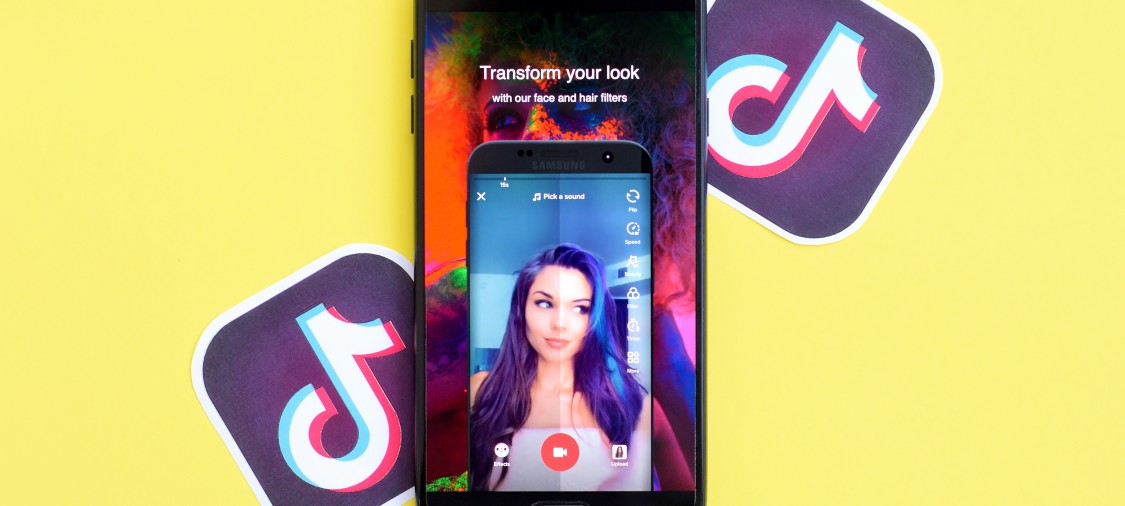TikTok Survives in Australia, …Just.
You have to feel for someone like Lee Hunter, Australia’s General Manager of TikTok. He only announced that he joined the company in May this year (2020). At his level, it would be safe to assume a deal like that was inked many months beforehand, in a pre-COVID world.
Imagine you’re Lee, excited to be at the Australian helm of such a fast-growing digital business like TikTok when suddenly your whole career starts to flash before your eyes.
By late July and only two months into the role, India chooses to ban the app from the sub-continent.
Then, by early August, Trump announces his plans to ban the app in the US, triggering a review here by the Australian government and almost every other national government around the world.
Suddenly, it looked bleak for ByteDance (the owner of Tik Tok) and the massive list of advertisers that had invested millions into the platform to that point.
on August 2nd, The Washington Post reported a quote from Stewart Baker (a former National Security Agency General Counsel) who said if Trump decides to use the ‘full force’ of his executive powers, then no American could be employed by the company. Additionally, no companies that were based in the US could advertise with them in any market.
Even the App Store would be precluded from hosting the app for download.
Microsoft has been quick to get in on the disruption, making a bid to buy TikTok from ByteDance, at least in the US market. If Microsoft were able to acquire a social platform as popular and fast-growing as TikTok, and then combined that with their existing data and ad serving capabilities, it would make Microsoft a real competitor to Facebook and Google almost overnight.
The entire landscape of Silicon Valley would change dramatically.
On Monday this week, US secretary of state, Mike Pompeo, told Fox News that Trump was going ahead with the ban, unless a deal could be struck with Microsoft and that the US Treasury would also get a slice of the action. Although in typical Trump fashion, there was little detail provided on how that could work.
Amidst all of this, the GM’s of TikTok strode a delicate line, much to their credit. They were launching their information campaigns to dispel the myths and rumours around TikTok’s data governance and accusations of political espionage.
The review in the US showed that TikTok’s US user data is stored on American soil, with strict controls cybersecurity and employee access. Plus, the biggest investors for ByteDance already came from the US.
In Australia, Prime Minister Scott Morrison announced yesterday (August 6th) that there would be no such ban here in Australia. The government had investigated the app and found no reason to remove it from our marketplace.
So while here in Australia, TikTok has escaped the regulatory guillotine, the government also made it very clear that there was no way to tell if user data was being sent back to Beijing without the users’ knowledge or consent.
For now, Lee Hunter can breathe a sigh of relief, but he’ll need to keep walking that fine line, and working hard to combat the stigma that is now hanging around their brand regarding Data Privacy.
All this disruption and uncertainty will likely only achieve two things;
- Any advertiser looking to make a substantial investment into TikTok will likely take a pause now. Lowering revenue, shortening TikTok’s financial forecasts, and weakening the company.
- This will provide much fertile ground for TikTok’s competitors.
Don’t forget, when it comes to Data Privacy, consumers are sceptical and wary of the power of the big tech companies.
Google themselves are fighting their own battle in this market with the ACCC on that front, …so I would say TikTok is not out of the woods yet.
